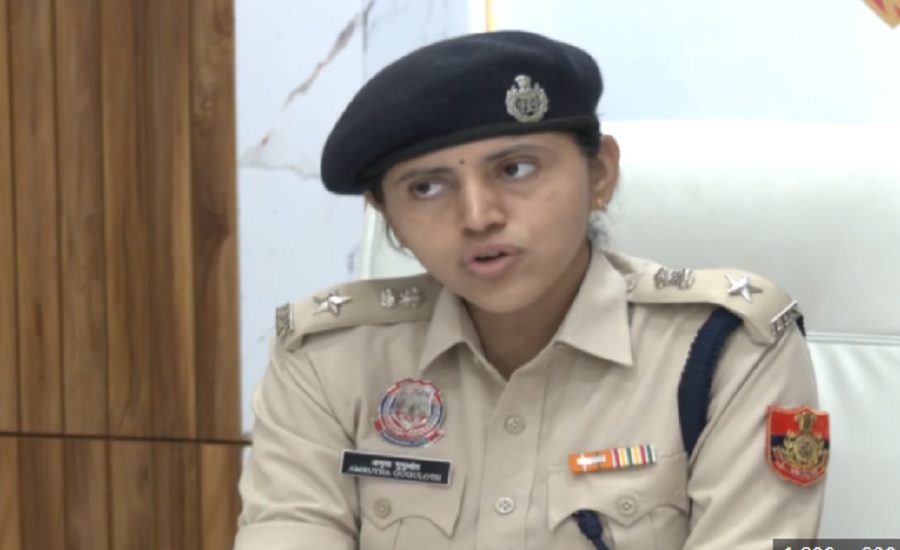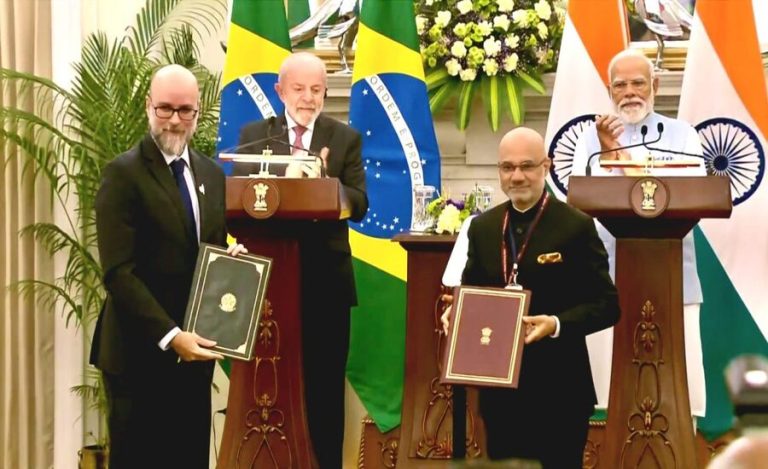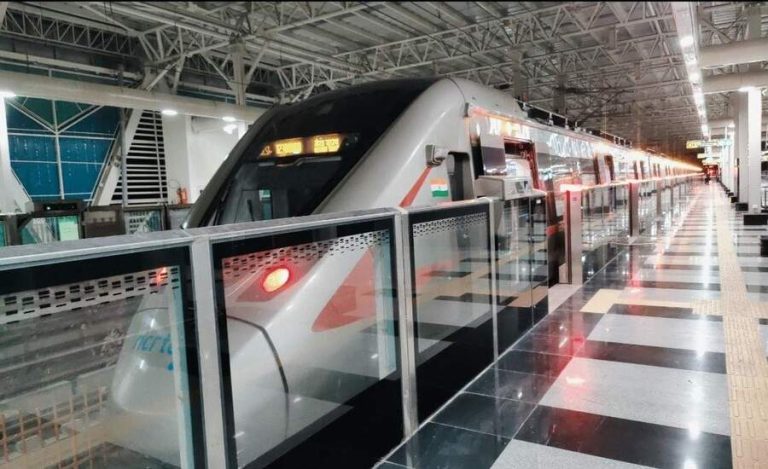New Delhi: A puzzling development has emerged within the Delhi Police force, raising questions about the transfer protocols of officers amid central deputation orders. 2011 batch IPS officer Guguloth Amrutha (AGMUT cadre) was recently transferred from her role as Additional Commissioner of Police (ACP), Economic Offences Wing (EOW), to Additional Commissioner of Police, Vigilance, barely two days after the Union Ministry of Home Affairs (MHA) issued her central deputation order.
Recent Transfer and Central Deputation Order
On August 18, 2025, the Ministry of Home Affairs formally issued a central deputation order appointing Guguloth Amrutha as Deputy Director/Deputy Inspector General (DIG) at the Bureau of Police Research & Development (BPR&D). The MHA directive explicitly instructed Delhi Police to relieve her at the earliest to enable her to assume this new role at the central level.
However, despite this clear instruction, Delhi Police transferred Amrutha within the department on August 20, 2025. She was shifted from the Economic Offences Wing, a critical department dealing with financial crimes, to the Vigilance department. This abrupt move has raised eyebrows among officials and observers alike.
Unusual Nature of the Transfer
Typically, officers who receive central deputation orders complete their ongoing key assignments within their cadre before moving on to their new roles. Transfers within the state police force immediately after receiving central deputation orders are rare and often avoided to prevent disruptions.
In this case, the timing is particularly unusual. The transfer means that Guguloth Amrutha may only serve a short stint in the Vigilance department before being relieved for her central deputation posting at the BPR&D. This raises questions about the administrative rationale and the impact of such rapid redeployments on departmental functioning.
About IPS Guguloth Amrutha
Ms Amrutha is an IPS officer from the 2011 AGMUT cadre with a proven track record in handling sensitive and high-profile assignments. Her current transfer from the Economic Offences Wing, where she was actively engaged in tackling economic crimes, to the Vigilance department, which focuses on internal police accountability and anti-corruption measures, underscores the significance of her roles within the Delhi Police.
Her central deputation to the Bureau of Police Research & Development, a premier organization dedicated to modernizing police forces and improving law enforcement capabilities, is seen as a step towards leveraging her expertise at the national level.
Implications & Reactions
The sudden transfer of IPS Amrutha shortly after the central deputation order has triggered speculation among the police fraternity and administrative circles. Questions have been raised about whether such moves align with best practices in officer management and whether they serve the interests of departmental efficiency.
Officials note that such transfers, if not handled with proper coordination, could lead to disruptions in ongoing investigations and projects, especially in departments like the Economic Offences Wing, where continuity is crucial.
Read also: 12 IPS, 6 DANIPS Officers Shifted in Major Delhi Police Overhaul, Joint CPs & DCPs Reassigned
Curious Case
The case of IPS Guguloth Amrutha highlights the complexities and occasional administrative challenges faced in managing transfers and deputations within the police services. While central deputation offers officers a broader platform to contribute, the interim handling of their cadre postings requires careful planning to ensure smooth transitions and operational stability.




























